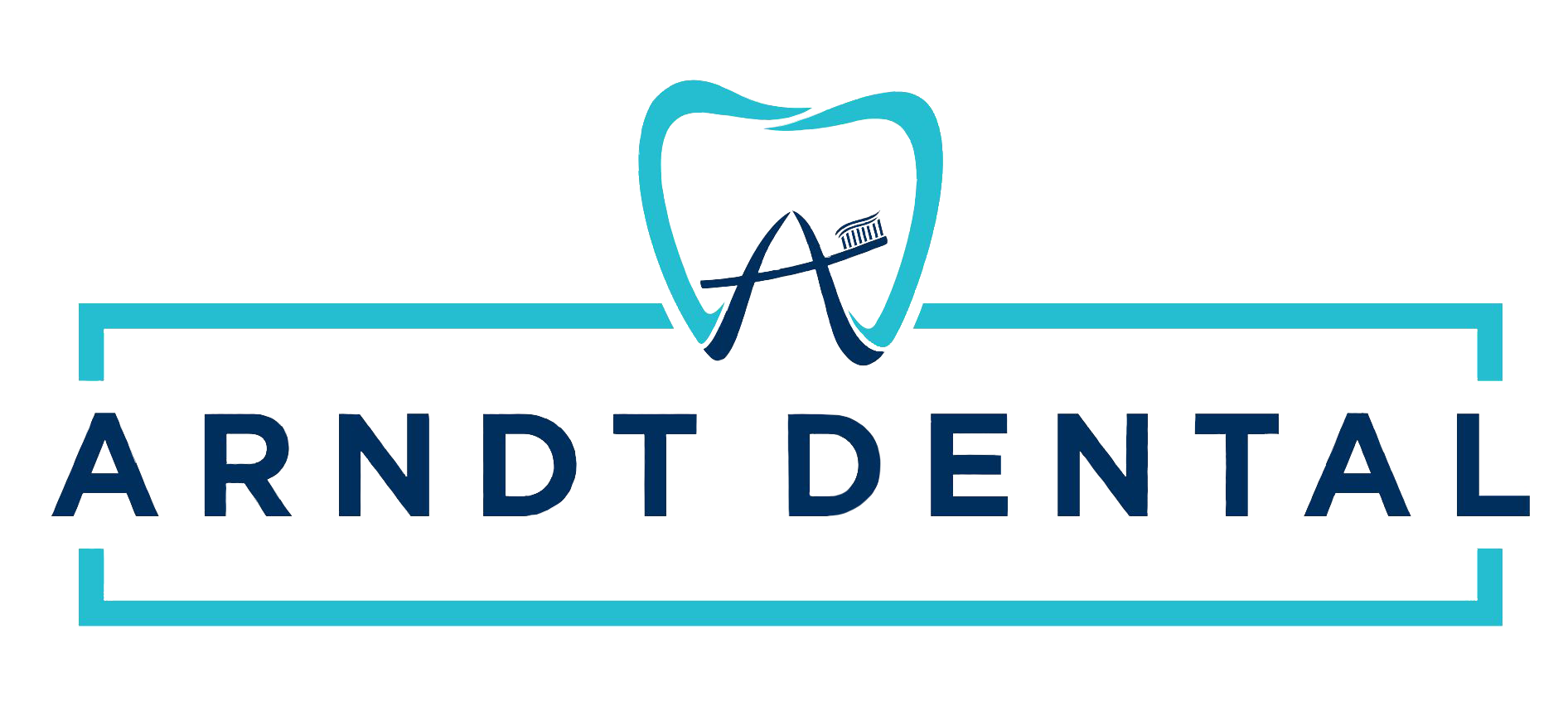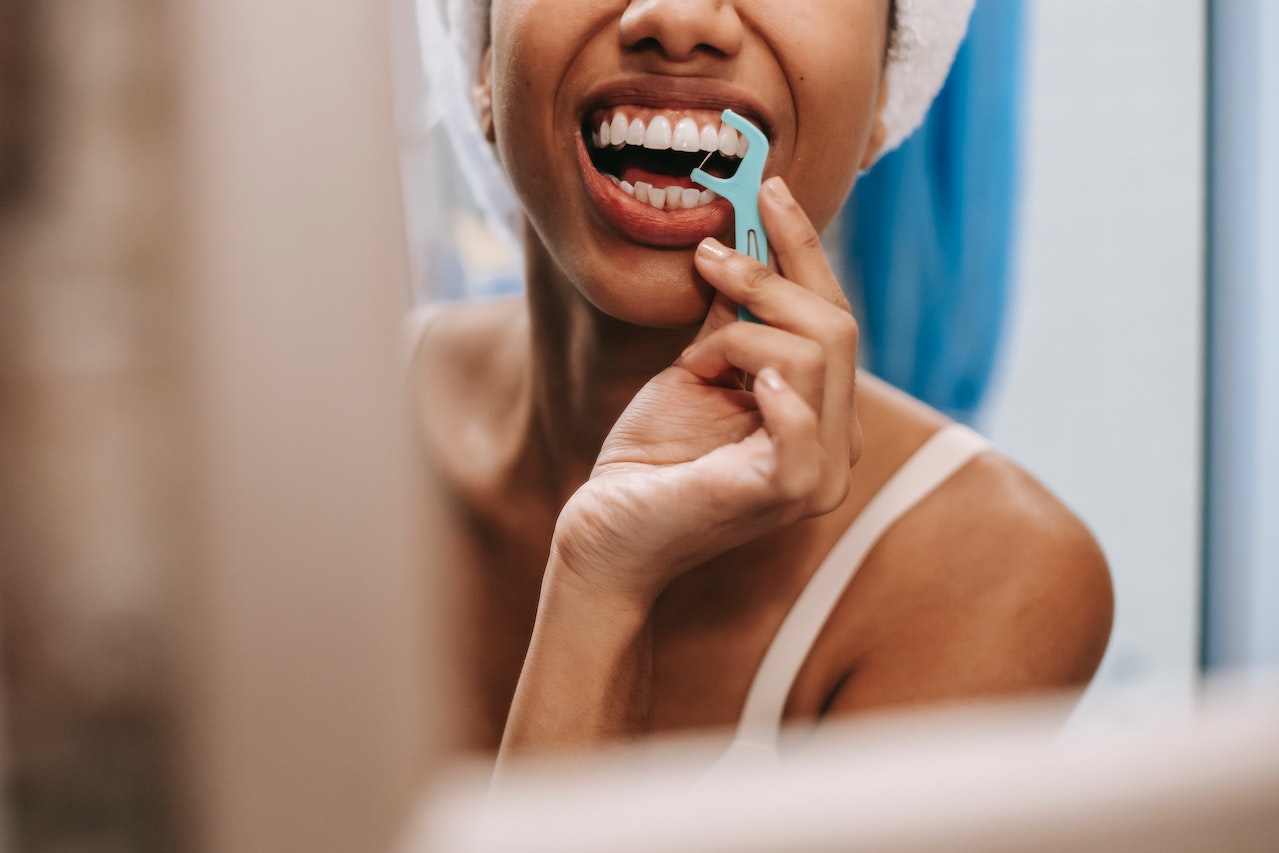In the quest to have shiny, stain-free teeth, some companies hype products that can do more harm than good.
That’s why we’re dedicating our latest blog post to those whitening treatments you should skip for the sake of your overall oral health. Sometimes, it’s not just the products but the inappropriate application or use of whitening agents that you need to avoid.
We’ll cover these and offer some tips to help whiten your teeth safely and effectively. Spoiler alert: professional tooth whitening is always your best bet.
Which whitening treatments should you avoid?
While professional tooth whitening is the safest way to remove stains and shine up your smile, we realize that some people like to explore DIY options. The following are popular whitening treatments that are best skipped in favor of healthier alternatives:
- Hydrogen peroxide or bleach: Using household products like hydrogen peroxide or bleach on your teeth is not recommended. These substances can be too harsh and may damage your tooth enamel, leading to sensitivity and potential long-term harm. They can also cause burns on your skin or if ingested, so best to steer clear!
- Lemon juice and baking soda: Although a popular DIY remedy, the combination of lemon juice and baking soda can be abrasive and erode your enamel over time, as well as potentially lead to increased tooth sensitivity.
- Charcoal toothpaste: Charcoal toothpaste is trendy for its purported whitening effects, but it can be abrasive and may not be safe for long-term use. It can also make a mess and is actually not proven to be highly effective.
- Non-FDA approved whitening kits: Be cautious of whitening kits and products that are not approved by reputable dental organizations or regulatory bodies as they may not be safe or effective.
In addition to these products, you’ll want to be mindful of whitening habits that can also prove problematic.
Avoid or limit these approaches to tooth whitening
Obviously, regular use of any of the above products is not recommended. The same goes for these approaches to tooth whitening:
- Overusing whitening strips or trays: Overusing over-the-counter whitening strips or trays, or using them without professional guidance, can lead to excessive tooth sensitivity and uneven results. These products have recommended usage guidelines for a reason, which is why you should follow them for a safer at-home tooth whitening experience.
- Using whitening products on unhealthy teeth: Teeth whitening is generally not recommended for individuals with untreated dental issues such as cavities, gum disease, or exposed tooth roots. Prioritize addressing these problems with our office before pursuing whitening treatments, including our professional tooth whitening procedure.
- Excessive use of whitening toothpaste: Whitening toothpaste can be effective for removing surface stains, but excessive use can lead to enamel erosion. Use it as directed and in moderation.
- Ignoring professional advice: If you’re considering at home or professional teeth whitening treatments, consult with one of our professionals first. A quick tooth cleaning can help us assess your oral health so that we can recommend the safest and most effective whitening options for your specific needs.
- Whitening without supervision: Professional teeth whitening treatments, such as in-office or at-home treatments provided by dentists, are generally safer and more effective than DIY methods. It’s always best to consult the pros before you reach for a whitening product of any kind.
Of course, your whitest (and healthiest!) smile depends on routine preventative dental care, like regular cleanings, which should be scheduled every six months.
Since certain foods and drinks can cause stains—think coffee and red wine—limiting that kind of consumption can help keep your teeth whiter. The same is true of smoking, which can cause hard to treat stains… and is bad for your dental and overall health, anyway!
Whether to schedule your next cleaning or explore our professional tooth whitening options, contact us today to book your appointment!

